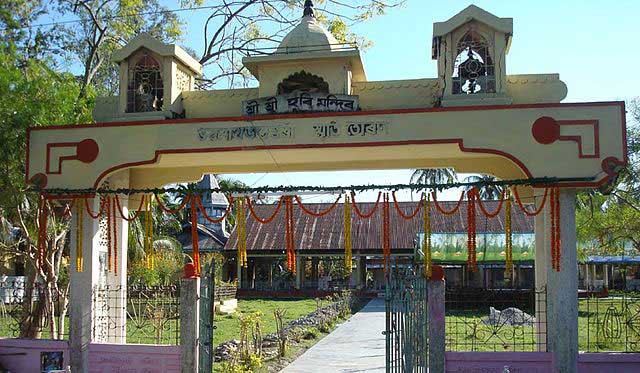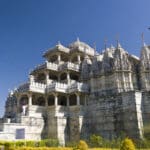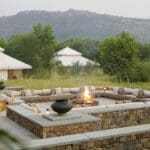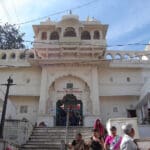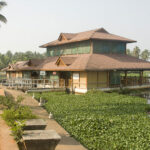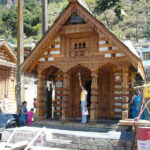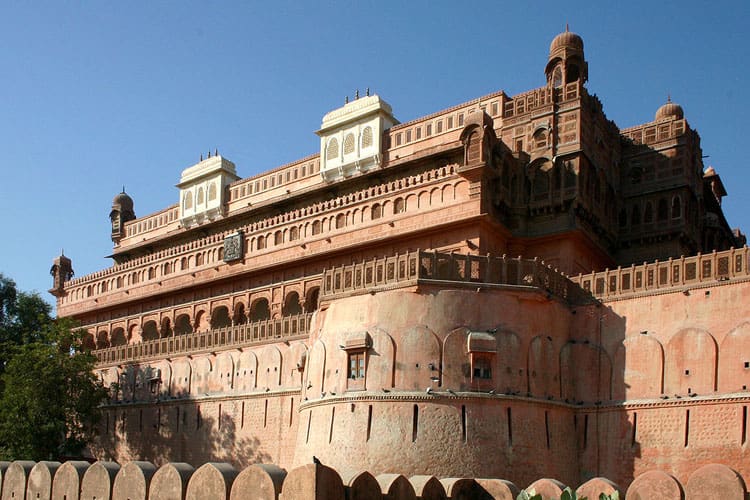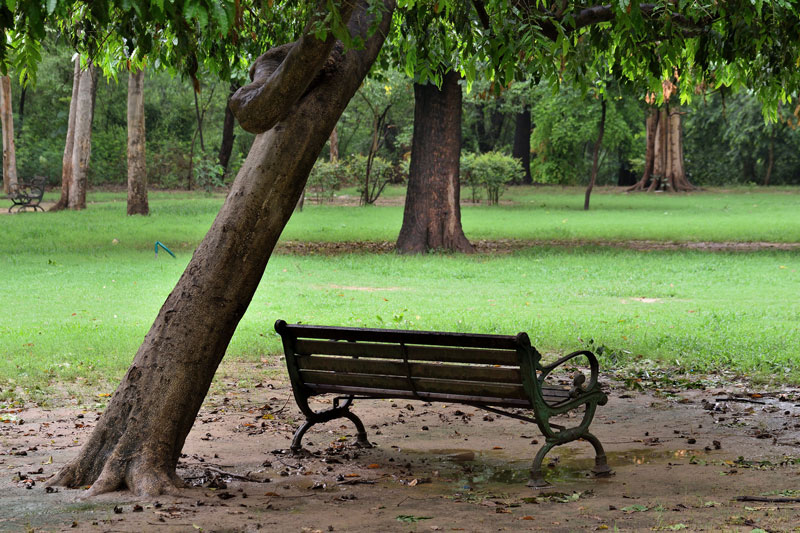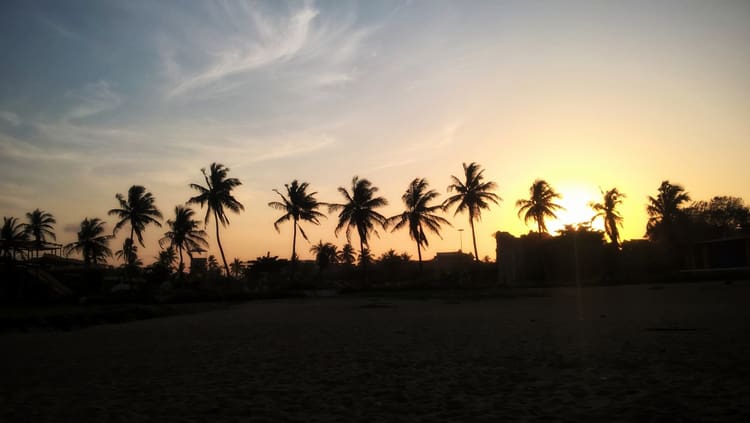Nalbari, a quaint town located in the state of Assam, India, is adorned with natural beauty, historical significance, and cultural richness. From ancient temples to serene rivers, Nalbari offers a myriad of experiences for travelers seeking a blend of spirituality, history, and adventure.
Introduction to Nalbari
Nalbari, derived from the words “Nal” meaning lotus and “Bari” meaning garden, is often referred to as the “Land of Lotus.” It is situated in the western part of Assam and is renowned for its lush green landscapes and tranquil surroundings.
Historical Background
Nalbari boasts a rich historical heritage dating back to ancient times. It was once a part of the Kamrup Kingdom and witnessed the rule of various dynasties such as the Pala, Koch, and Ahom dynasties. These dynasties have left their architectural imprints on the town, contributing to its cultural diversity.
Early Settlements
The earliest settlements in Nalbari can be traced back to the ancient period when it served as a significant center for trade and commerce. The town flourished under the patronage of successive rulers, fostering a vibrant cultural milieu.
Influence of Different Dynasties
The influence of different dynasties is evident in the architectural marvels scattered across Nalbari. From temples to forts, each structure narrates a tale of bygone eras, reflecting the artistic prowess of the artisans of yesteryears.
Climatic Conditions
Nalbari experiences a moderate climate throughout the year, characterized by hot summers, cool winters, and moderate rainfall. The best time to visit is during the winter months, from November to February, when the weather is pleasant and conducive to outdoor activities.
Best Time to Visit
The ideal time to explore Nalbari is during the winter season when the weather is pleasant, and the natural beauty of the town is at its zenith. The months from November to February witness a surge in tourist footfall, offering travelers an enchanting experience amidst tranquil surroundings.
Top 9 Places to Visit in Nalbari
- Dharmapal Temple: Dedicated to Lord Krishna, Dharmapal Temple is a sacred pilgrimage site frequented by devotees seeking blessings and spiritual solace.
- Pagladia River: The Pagladia River meanders through Nalbari, offering mesmerizing views and opportunities for leisurely boat rides amidst pristine surroundings.
- Basudev Than: This ancient shrine dedicated to Lord Shiva attracts pilgrims and tourists alike with its serene ambiance and architectural splendor.
- Hatimura Temple: Renowned for its intricate carvings and exquisite architecture, Hatimura Temple is a must-visit for architecture enthusiasts and spiritual seekers.
- Hajo: Located near Nalbari, Hajo is a historical town known for its religious diversity and sacred sites, including the Hayagriva Madhava Temple and Powa Mecca.
- Bagheswari Temple: Nestled amidst lush greenery, Bagheswari Temple is revered for its spiritual significance and tranquil surroundings, offering a serene retreat for devotees.
- Bell-metal and Brass Industry: Explore the traditional craftsmanship of Nalbari at its bell-metal and brass industry, where skilled artisans showcase their mastery in metalwork.
- Bal Bhawan: Ideal for families and children, Bal Bhawan is a recreational center offering various indoor and outdoor activities, ensuring an enjoyable experience for visitors of all ages.
- Baneswar Devalaya: Dedicated to Lord Shiva, Baneswar Devalaya is an ancient temple known for its religious fervor and architectural grandeur, attracting devotees and history enthusiasts alike.
Things to Do
- Explore the rich cultural heritage of Nalbari by visiting its ancient temples and historical sites.
- Indulge in nature walks along the banks of the Pagladia River, soaking in the serene ambiance and scenic beauty.
- Experience the traditional craftsmanship of Nalbari by witnessing the artisans at work in the bell-metal and brass industry.
- Participate in religious festivals and cultural events to immerse yourself in the vibrant traditions of the town.
Food and Cuisine
Nalbari offers a delectable array of Assamese cuisine, characterized by its use of fresh herbs, spices, and indigenous ingredients. From savory rice dishes to mouthwatering fish curries, the local cuisine reflects the culinary diversity of the region, tantalizing the taste buds of visitors.
Accessibility and Accommodation
Nalbari is well-connected by roadways, with regular bus services available from major cities like Guwahati and Tezpur. The nearest railway station is located in Kamakhya, approximately 40 kilometers away. Accommodation options in Nalbari range from budget guesthouses to luxury resorts, catering to the diverse needs of travelers.
Nearby Hotels and Restaurants
Travelers visiting Nalbari can choose from a range of hotels and restaurants offering comfortable accommodation and delicious cuisine. Some popular options include Hotel Nalbari Palace, Hotel Shreemoyee Inn, and Nalbari Bhoj Restaurant.
Tourist Maps and Navigation
Tourist maps and navigation apps are invaluable tools for exploring Nalbari and its surrounding areas. These resources provide information on nearby attractions, transportation options, and local amenities, ensuring a hassle-free travel experience for visitors.
Distance from Major Cities
- Guwahati to Nalbari: Approximately 70 kilometers (1.5 hours by road)
- Tezpur to Nalbari: Approximately 120 kilometers (3 hours by road)
- Kamakhya to Nalbari: Approximately 40 kilometers (1 hour by road)
Nearby Attractions
In addition to its own attractions, Nalbari serves as a gateway to several nearby tourist destinations, including the Kamakhya Temple, Umananda Island, and Assam State Zoo cum Botanical Garden, offering travelers a plethora of options for sightseeing and exploration.
Travel Tips
- Carry sufficient cash as ATM facilities may be limited in certain areas of Nalbari.
- Respect the local customs and traditions while visiting religious sites and interacting with the local community.
- Dress modestly, especially when visiting temples and other sacred sites.
- Stay hydrated and wear comfortable clothing and footwear, especially during outdoor excursions.
Frequently Asked Questions (FAQs)
- Is Nalbari suitable for solo travelers?
- Yes, Nalbari is a safe and welcoming destination for solo travelers, offering a blend of cultural immersion and natural beauty.
- What are some must-try dishes in Nalbari?
- Some must-try dishes in Nalbari include Masor Tenga (sour fish curry), Khar (alkaline curry), and Pitha (rice cakes).
- Are there any adventure activities available in Nalbari?
- While Nalbari is primarily known for its cultural and religious attractions, adventurous travelers can indulge in activities such as nature treks and river rafting in nearby areas.
- What is the significance of the bell-metal and brass industry in Nalbari?
- The bell-metal and brass industry in Nalbari has been thriving for centuries, serving as a symbol of the town’s rich artistic heritage and traditional craftsmanship.
- Are there any wildlife sanctuaries near Nalbari?
- Yes, travelers can visit the Pobitora Wildlife Sanctuary, located approximately 50 kilometers from Nalbari, to explore the diverse flora and fauna of the region.




